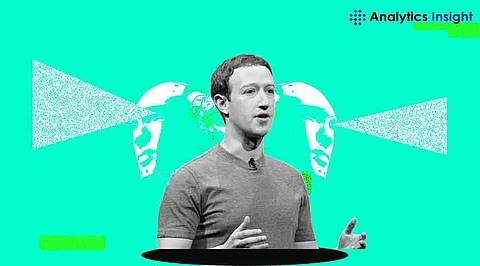

Meta was sued on April 14, 2025, by the US Federal Trade Commission (FTC) on Instagram and WhatsApp's unlawful acquisition allegations. CEO Mark Zuckerberg is the prime witness in this FTC lawsuit, which states that Meta illegally bought Instagram and WhatsApp to kill competition. The case may result in Meta having to divest its purchases. The company may also be subjected to a fundamental restructuring.
FTC attorney Daniel Matheson stated that Meta's activities created barriers to entry for future competitors and provided consumers with less choice within the social media sector. The Meta antitrust case started during President Donald Trump's first term and has been framed as an experiment to measure the United States government's attitude towards curbing Big Tech.
Meta defends the accusations, saying that the user experience on Instagram was better after the acquisition and that the acquisitions were lawful business choices. The company believes in its defense and hopes to persuade the court that its actions benefited consumers in the end.
If the FTC wins, Meta might suffer terrible consequences, including the breakup of its business, specifically the sale of Instagram and WhatsApp. Since Meta earns a large percentage of its US ad revenue from Instagram, such a result would have huge financial and strategic implications. The case also raises more general concerns about the dominance and influence of big tech companies in the economy today.
The trial also crosses over into politics, as reports suggest that Zuckerberg has been trying to recruit former President Donald Trump's assistance to settle the case. Even though they have had their past connections, the fate of the case is still unclear, with some predicting that Trump's intervention might affect the proceedings.
As the trial continues, all eyes are on the US government’s stance on tech regulation. With Meta's acquisition future hanging in the balance, the outcome of this landmark antitrust case could reshape the tech industry for years to come.
